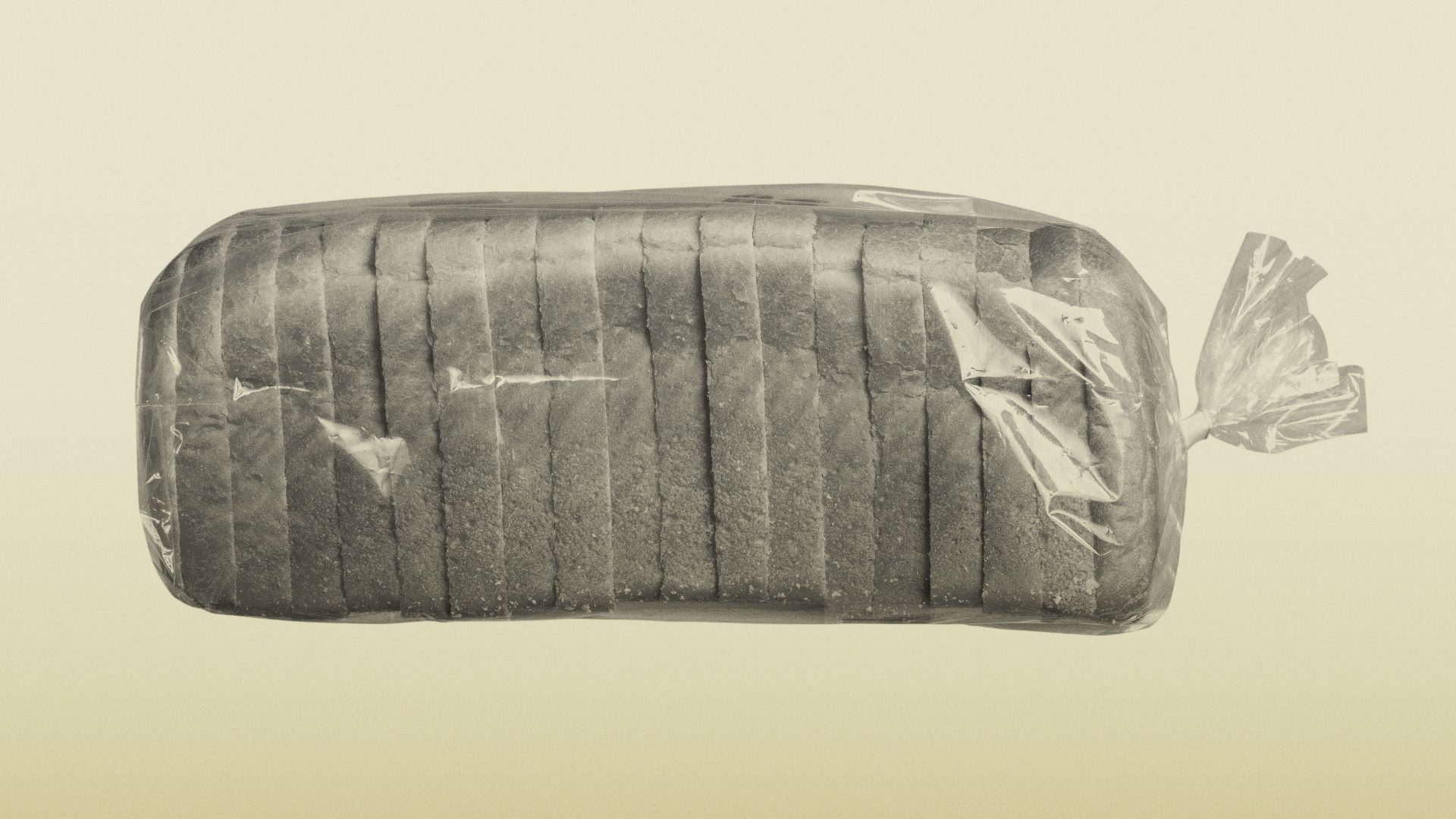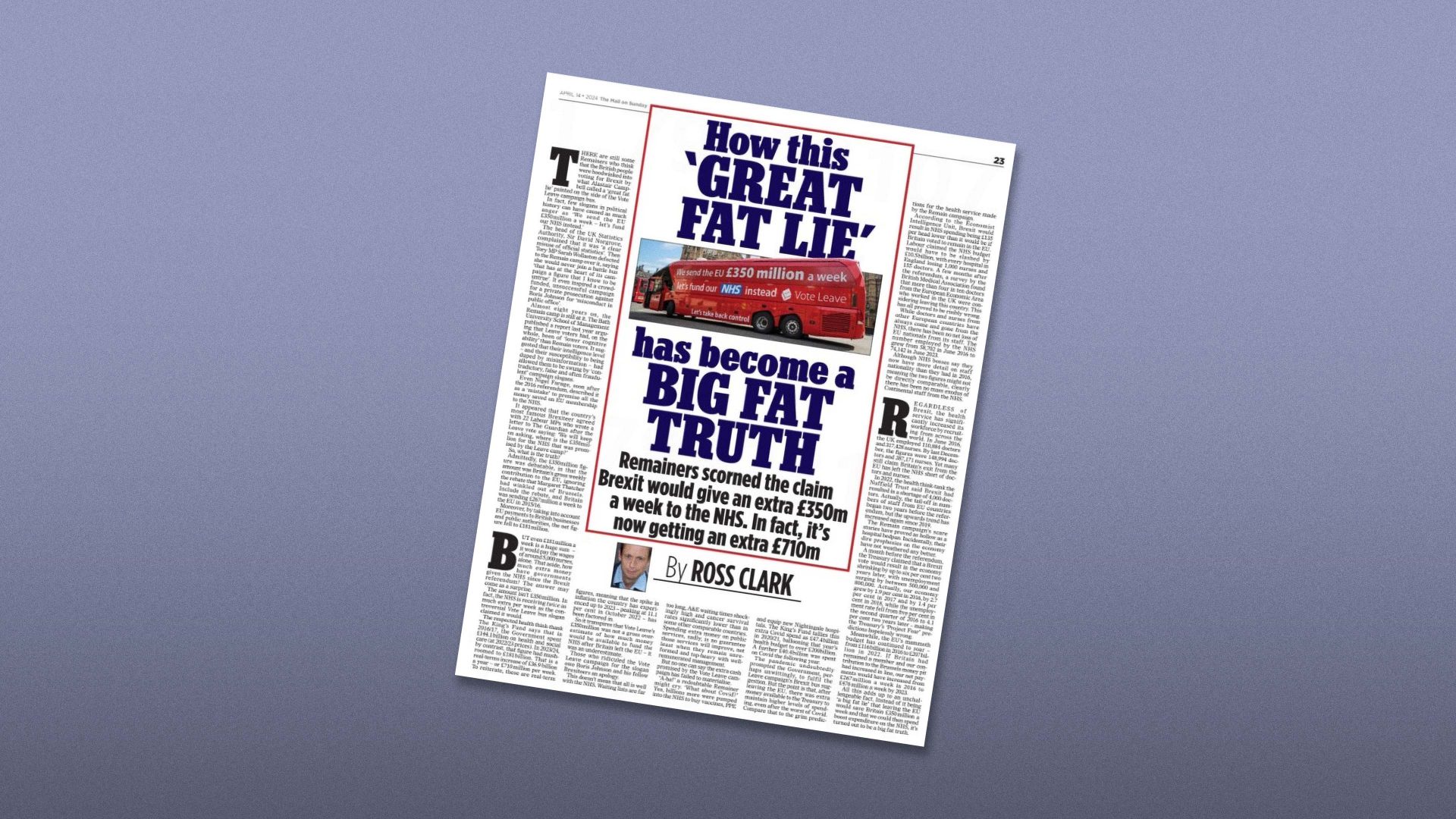You have almost certainly come across the term ultra-processed foods. You may even be worried that your diet is full of them and that they’re bad for you, associated with various terrible outcomes.
A recent book by the TV doctor Chris van Tulleken, Ultra-Processed People, argues that UPFs, as they’re affectionately known, are addictive – he compares their effect on the brain to that of tobacco and morphine – and that they harm the gut, reduce fertility, and drive the obesity crisis. He doesn’t, per the subtitle of the book, think they’re food at all: he quotes a scientist calling UPFs “an industrially produced edible substance”.
But… what are they? This seems like a simple question, but it’s important.
The west is facing ever-increasing levels of obesity, and obesity is bad for your health. It’s also facing a decline in fertility, or at least in birth rates; and cancer diagnoses in younger people seem to be going up.
If we could find a single, well-defined cause for all of these things – if UPFs were really the driving force for so many of society’s ills – that would be a huge deal. We could look into how they’re having these effects, and how to ameliorate or even avoid them. But in order to be sure of that, we need to know what it is we’re talking about.
It turns out that UPFs are tricky things to define. So when research is done into their effects, the various studies don’t all agree on what is a UPF and what isn’t.
And the research itself is badly limited. All but a tiny few studies are observational: they look at people who say they eat a lot of UPFs and compare their health to that of people who say they don’t.
And sure, they find that people who eat more UPFs tend to be less healthy. But that doesn’t mean that UPFs are why those people are less healthy. Even if they are, is it the “ultra-processed” nature or just the fat and sugar that’s the problem?
First, the definition. A foodstuff’s level of “processing” is usually assessed using the UN’s Nova classification. There are four levels: unprocessed, minimally processed, processed, and ultra-processed. The more changes that have been made to it since it was a plant or an animal, the more processed it is.
Some foodstuffs are pretty obviously in one category or another: a freshly picked apple, unprocessed; a deep-fried battered Mars Bar, probably ultra-processed. But in between there are lots of edge cases and unclear examples. Is a burger made of lean minced beef and salt minimally processed, or processed? If you add breadcrumbs, does that make it ultra-processed?
You may feel I’m nitpicking here, but it matters. One study asked hundreds of food and nutrition specialists to classify foodstuffs into the Nova categories. The agreement among their responses was then assessed statistically, on a scale from 0 (no better than guessing) to 1 (perfect agreement). The average agreement was 0.33 – better than chance, but not much better. If you ask two nutritionists to say whether a given foodstuff is ultra-processed or not, it’s far from certain they’ll agree.
That makes the whole idea of a stable category of “ultra-processed foods”, and by extension the idea that their “effects” can be lumped in together, tricky to sustain. But nonetheless scientists research them: rather a lot, in fact.
Recently, a new analysis of existing research attracted headlines. Eating UPFs “raises the risk of developing or dying from dozens of adverse health conditions,” CNN reported. The Independent said that “exposure” to UPFs “can increase risk of cancer, adverse mental health, type 2 diabetes and even early death”.
The research was an “umbrella review”, taking lots of existing meta-analyses – themselves agglomerations of earlier research – and combining them. It did indeed find that UPF consumption was “associated with a higher risk of adverse health outcomes, especially cardiometabolic, common mental disorder, and mortality outcomes”. But notice a key word there: associated.
All the studies that the research looked at – almost all, in fact, of the research into UPFs that exists – are observational studies. That is, they asked people how much ultra-processed food they ate, and they measured their health along various axes. Then they looked to see whether people who ate more UPFs tended to be unhealthier.
As we’ve seen, they were. But that doesn’t tell us whether the “ultra-processing” caused any of the ill health, or even if the food caused it all. The study’s authors hinted that it did – they said it was a reason to “target and reduce dietary exposure to ultra-processed foods for improved human health”. And the news media also assumed a causal relationship.
But we just don’t know: it could be (and almost certainly is, in fact) the case that people who eat lots of UPFs are different from people who don’t. For instance, they might be less well-off, and we know that being poor is correlated with worse outcomes. Might these studies just be telling us, in a roundabout way, that wealth makes us healthier?
It’s actually worse than that, as the epidemiologist Gideon Meyerowitz-Katz explains in a recent post on the subject. Most of the research involves literally asking people how much they ate. Some of them are asking their subjects to remember everything they ate over an entire year.
It’s been demonstrated in other research that recall questionnaires like this are deeply flawed tools – people’s memories aren’t great, they have a tendency to say things researchers want to hear, and if someone is worried about their health, they’re more likely to remember eating unhealthily. Meyerowitz-Katz also points out that the nature of the review paper also meant it double-counted lots of data, making the findings look more robust than they were.
So we don’t really know what a UPF is. We don’t really know how much of the stuff the researchers called UPFs people in the studies ate, and we don’t know whether any link between that stuff and health outcomes is causal – the UPFs cause ill health – or correlational, some third factor causing both things. And remember, this is about as good as the research gets.
There was one tiny randomised controlled trial in 2019 – 20 people were given tightly controlled diets for a month – and it did find that they finished more of their food and put on weight during the two weeks they were on an all-UPF diet. It looks like a good, interesting, well-conducted study. But obviously, it couldn’t tell us anything about cancer risk, or diabetes, or fertility, or any of the other outcomes. It’s just a hint that UPFs, insofar as we can define them, could encourage people to eat more.
You might very well say: OK, so the scientific evidence isn’t all that solid, and it’s hard to concretely define what a UPF is. But we all know that eating Doritos and soft-serve ice cream is bad for us, and even if it’s hard to do good research and to write watertight definitions, it’s enough to gesture in the direction – we should eat less of foods like that, and more apples and spinach and home-baked sourdough.
That would be fine! That’s actually a completely sensible stance to take.
Nutrition science is notoriously difficult; you can’t easily assign people into asparagus or placebo-asparagus groups for 20 years and see who gets the most cancer. All we can say with anything approaching confidence is that eating your greens and not eating too much crap seems to be a good idea.
So do that, by all means, especially if you’re worried about your weight or your health.
But the term “ultra-processed foods” wraps this bog-standard, commonsense advice – advice your parents probably gave you when you were a child – in layers of scientific-sounding authority which it doesn’t deserve. It pretends there is a useful category that gives us more information than saying “unhealthy stuff” (or “crap”) does, when it’s not clear that it does.
More than that, it gives false impressions – there are lots of foods that are not especially processed but which are probably unhealthy, and vice versa.
A rare 500g T-bone steak crusted in Maldon sea salt is probably not “ultra-processed”; it might almost be still mooing. But most of us would not think eating one every day is an especially good idea.
And, as Meyerowitz-Katz points out, low-calorie diet shakes used to control diabetes clearly are ultra-processed. But who cares? Should we stop diabetes patients from drinking them?
None of this is to say that you should just go out and eat all the Wotsits you can get your hands on because nothing matters. Diet and exercise are important, and clearly some foods are easier to overeat than others, are more likely to make you eat that extra slice or chip when you know you’re full – some food scientists refer to “hyperpalatable” foods, if you’ll forgive me introducing a new buzzword right at the end. No one says, “Oh go on, just one more steamed broccoli floret, I can’t resist.”
But the recent scare over this special category, this stuff called ultra-processed food, is unhelpful. Sure, think about whether it’s full of fat and salt, or about whether if you open the pack you won’t be able to stop at just one.
But you don’t need to worry about whether a food is “ultra-processed” over and above whether it’s healthy in the normal ways. After all, we don’t even really know what that means.



